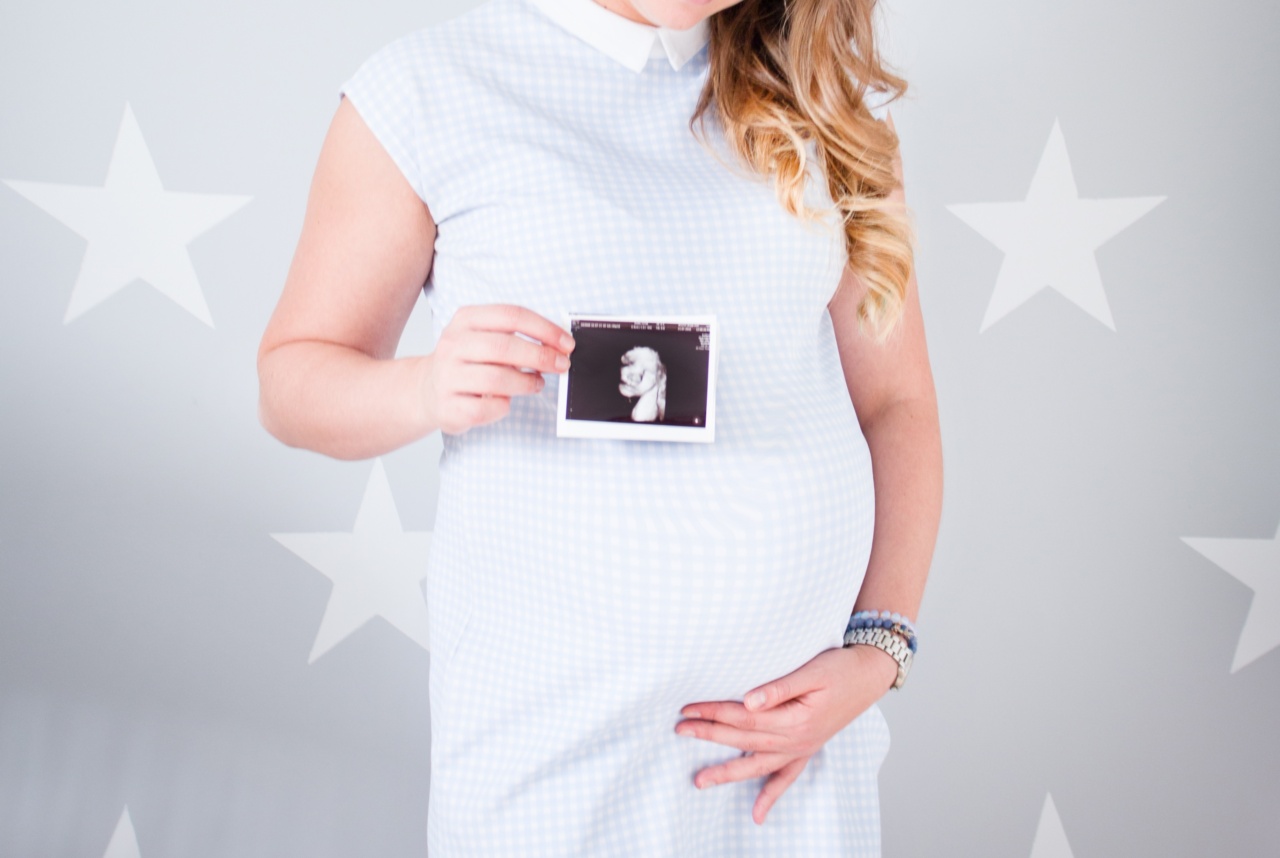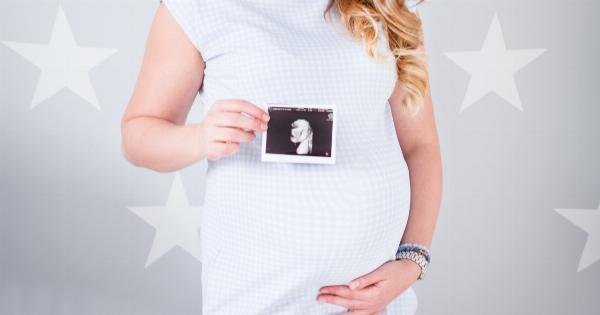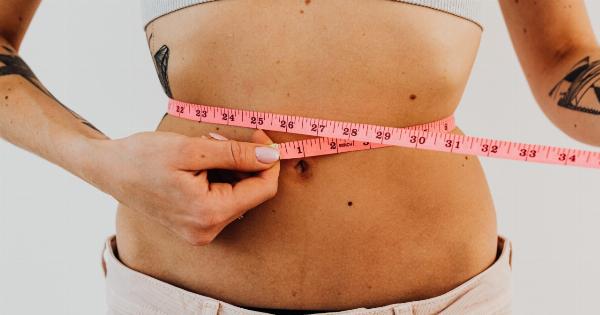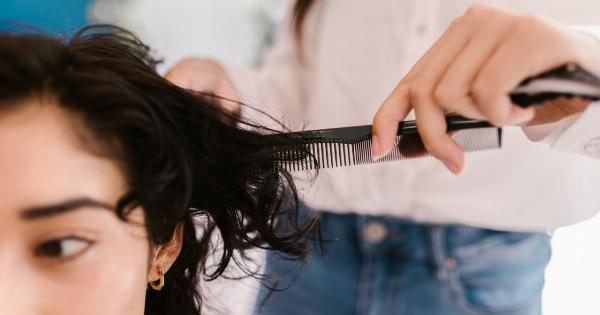Pregnancy is a beautiful journey filled with many physical changes to a woman’s body. One of these changes that many women may experience is a change in their hair.
Some women may see their hair become thicker and shinier during pregnancy, while others may experience hair loss and breakage. While these changes can be frustrating and confusing, there is actually a science behind them.
Hormonal Changes
Hormones play a significant role in hair changes during pregnancy. The surge in pregnancy hormones – estrogen and progesterone – can cause an increase in hair growth.
This is because the hormones extend the growth phase of hair, known as the anagen phase, making it last longer than usual. As a result, less of the hair follicles are in the telogen or resting phase, leading to less shedding. This explains why some women may experience thicker and fuller hair during pregnancy.
However, after delivery, the hormone levels in the body drop significantly, which can cause a shift in the hair growth cycle. Many women may see an increase in hair shedding and experience hair loss due to this sudden change.
This is known as postpartum hair loss, and it can last for several months.
Iron Deficiency Anemia
Iron deficiency anemia can also be a cause of hair loss during pregnancy. The body requires adequate levels of iron to produce haemoglobin that transports oxygen to the tissues in the body, including hair follicles.
During pregnancy, the body requires more iron to support the growing fetus, and if the mother does not consume the recommended daily intake of iron, it can result in anemia.
When the body is low on iron, it may redirect the available iron stores to other vital organs, which can lead to hair loss. Therefore, it is essential to consume adequate iron from food or supplements to promote healthy hair growth during pregnancy.
Stress
Pregnancy can also be a stressful time for many women, and stress can affect the body and hair growth cycle. When the body experiences stress, it can lead to an excess production of the hormone cortisol, which can disrupt the normal hair growth cycle.
Stress can cause many women to experience hair loss, thinning, or breakage. It is important to manage stress through various relaxation techniques such as exercise, meditation, or mindfulness to promote healthy hair growth during pregnancy.
Iron Deficiency
Iron plays a critical role in healthy hair growth, and an iron deficiency may lead to hair loss or thinning. Iron is essential in the production of haemoglobin, which carries oxygen to all cells of the body, including hair follicles.
During pregnancy, the body requires more iron to support the growing fetus. However, many women do not consume enough iron-rich foods or supplements, leading to iron deficiency. An iron deficiency can cause many health problems, including hair loss.
Changes in Hair Texture
Changes in hair texture can also occur during pregnancy. Many women may find that their formerly straight hair suddenly becomes curly or that their curly hair becomes straighter during pregnancy.
While the cause of this change is not fully understood, it is believed that hormonal fluctuations may play a role. The hormones that cause hair growth during pregnancy may also affect the shape of hair follicles, leading to a change in texture.
Conclusion
In conclusion, pregnancy can cause many changes to a woman’s hair, including an increase in growth, hair loss, breakage, and changes in texture.
These changes are primarily due to hormonal fluctuations, iron deficiency anemia, stress, and changes in hair follicle shape. It is essential to consume adequate nutrients, manage stress, and seek medical attention for any underlying health problems during pregnancy to promote healthy hair growth.

























